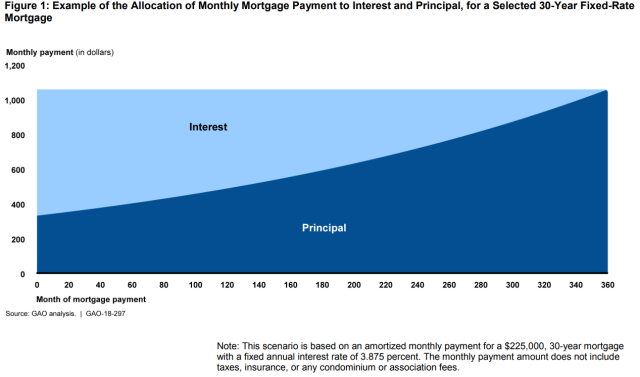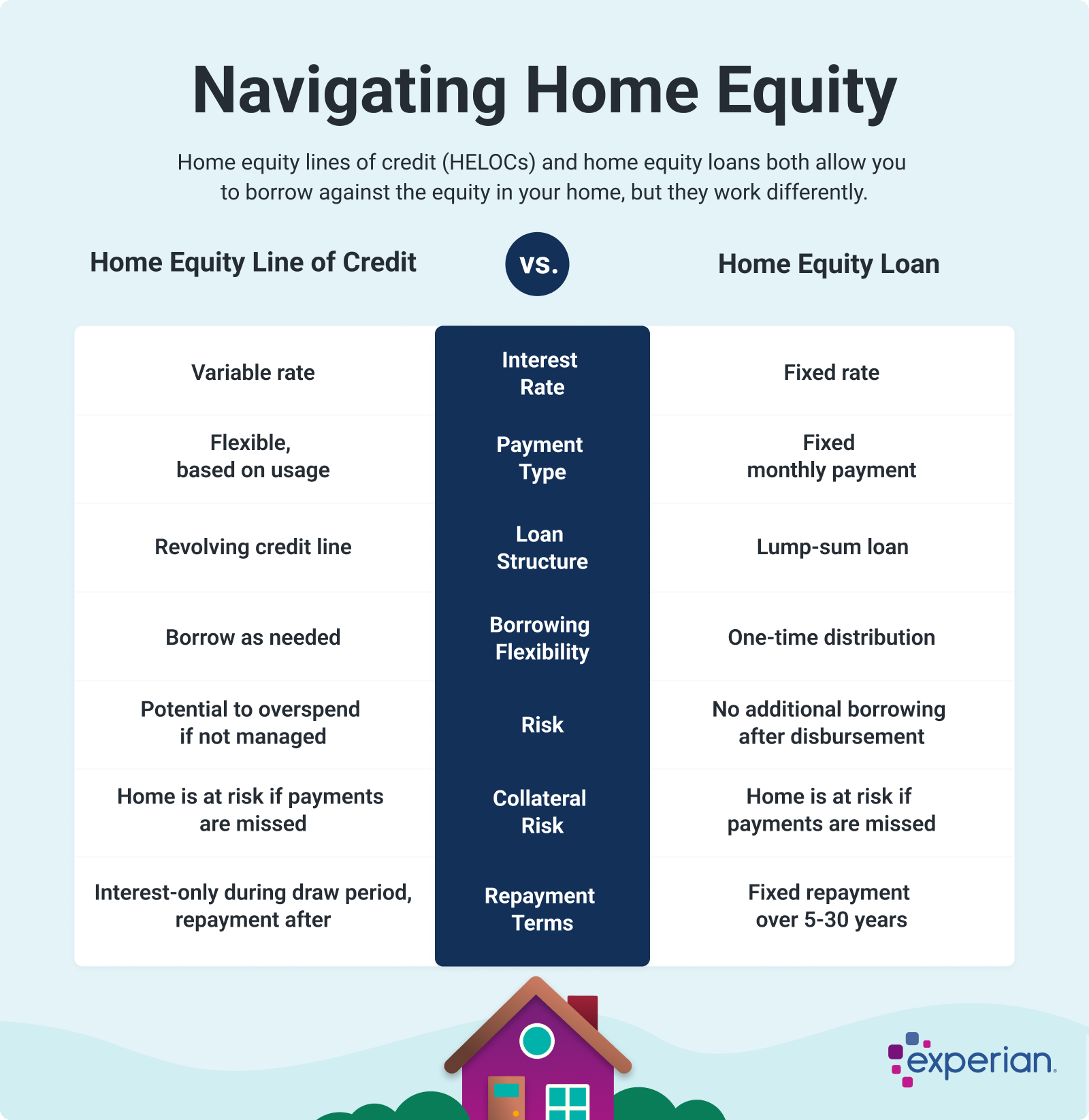The Law and Compliance of Equity Release Mortgages You Should Know
The Law and Compliance of Equity Release Mortgages You Should Know
Blog Article
Exploring the Different Kinds Of Equity Release Mortgages Available Today
Equity Release home loans present various alternatives for home owners aged 55 and over. equity release mortgages. These financial products cater to various needs and choices, enabling individuals to access funds from their residential property. From lifetime mortgages to common appreciation mortgages, each type uses distinct benefits. Recognizing these choices is crucial for making notified choices. What variables should one think about when choosing the most appropriate equity Release strategy? The information that adhere to may shed light on this essential subject
Comprehending Equity Release Mortgages
Equity Release home mortgages provide house owners, commonly those aged 55 and over, with a method to access the value locked up in their residential property without needing to offer it. This financial choice permits people to convert a part of their home equity into cash money, which can be used for various purposes, such as home renovations, repaying debts, or funding retirement.Equity Release can take various forms, but it fundamentally involves loaning against the worth of the home while retaining possession. Property owners can select to receive a round figure or a series of smaller settlements, depending on their financial demands and preferences.Additionally, the quantity readily available for Release is influenced by the residential or commercial property's value, the home owner's age, and specific lender criteria. Generally, understanding equity Release home loans is vital for homeowners to make informed choices concerning touching right into their home's equity while thinking about the lasting ramifications.
Life time Mortgages
Life time home mortgages stand for one of the most prominent types of equity Release. This monetary product permits homeowners, commonly aged 55 or older, to obtain versus the value of their property while retaining ownership. The loan, which is protected versus the home, accrues passion gradually however does not require regular monthly repayments. Instead, the lending and accrued rate of interest are paid back when the home owner passes away or moves right into lasting care.Lifetime home loans use flexibility, as borrowers can pick to get a round figure or choose a drawdown center, accessing funds as required. Significantly, lots of plans featured a no-negative-equity guarantee, ensuring that customers will certainly never ever owe greater than the value of their home. This function offers tranquility of mind, enabling individuals to enjoy their retirement without the anxiety of depleting their estate. Generally, lifetime mortgages function as a practical option for those looking for monetary support in later life.
Home Reversion Plans

Drawdown Life Time Mortgages
While many house owners look for ways to access their riches, drawdown life time home mortgages offer a flexible choice that allows individuals to Release funds progressively. This sort of equity Release home mortgage enables homeowners to obtain against the value of their building while maintaining ownership. Unlike traditional life time home loans, drawdown plans enable customers to access a portion of their equity upfront and withdraw extra funds as needed, up to an established limit.This attribute can be especially useful for those who want to manage their funds very carefully, as it minimizes interest buildup by only billing passion on the amounts attracted. Additionally, drawdown life time home loans usually include a "no unfavorable equity guarantee," making certain that customers will never ever owe more than their home's value. This alternative suits retired people that want monetary safety and adaptability, allowing them to fulfill unforeseen expenses or maintain their way of life without having to sell their residential property.
Improved Lifetime Mortgages
Enhanced Life time Mortgages offer unique advantages for qualified homeowners looking for to Release equity from their residential properties. Recognizing the qualification standards is essential, as it determines that can benefit from these specialized finances. However, it is likewise essential to assess the potential drawbacks associated with enhanced choices, guaranteeing an all-around viewpoint on their use.
Qualification Standards Discussed
Comprehending the qualification standards for Enhanced Lifetime Mortgages is necessary for possible candidates looking for to access the equity in their homes. Commonly, candidates should be aged 55 or older, as this age requirement is standard in the equity Release market. Homeowners need to possess a residential or commercial property valued at a minimum limit, which can differ by lending institution. Importantly, the residential or commercial property needs to be their primary home and in great problem. Lenders usually assess the property owner's wellness standing, as certain health problems may enhance qualification and advantages. Furthermore, applicants must not have existing considerable financial debts secured against the residential property. Satisfying these criteria enables people to discover Enhanced Life time Home loans as a practical alternative for accessing funds locked up in their homes.
Advantages of Improved Mortgages
After making clear the qualification requirements, it becomes evident that Improved Life time Home loans supply a number of substantial advantages for homeowners aiming to utilize their residential property equity. Mostly, they give access to a bigger loan amount contrasted to conventional life time home loans, benefiting those with health problems or age-related variables that boost their life expectancy risk. This enhanced borrowing ability permits homeowners to fulfill different financial demands, such as home enhancements or retirement expenditures. Additionally, these home mortgages normally include adaptable payment options, making it possible for customers to handle their financial resources more properly. The no-negative-equity assurance better ensures that home owners will never ever owe greater than their residential or commercial property's worth, offering tranquility of mind. Overall, Improved Life time Home loans offer a compelling choice for qualified property owners looking for financial options.
Potential Disadvantages Taken Into Consideration
While Enhanced Lifetime Home mortgages offer numerous benefits, prospective disadvantages require careful consideration. One substantial concern is the impact on inheritance; the equity launched reduces the worth of the estate entrusted to recipients. Additionally, these home mortgages can accrue significant interest in time, bring about a significant debt that may go beyond the original finance amount. There might also be limitations on building modifications or rental, restricting home owners' versatility. Enhanced items typically call for particular health and wellness conditions, indicating not all home owners will certify. Handling the fees and costs linked with these mortgages can be complex, potentially leading to unanticipated expenses. Because of this, individuals must completely assess their scenario and get in touch with monetary advisors prior to proceeding.
Shared Admiration Mortgages
Shared Recognition Mortgages stand for a special financial plan that permits house owners to access equity while sharing future building value increases with the lending institution. This approach offers prospective benefits such as minimized regular monthly payments, but it additionally includes drawbacks that must be meticulously taken into consideration. Understanding the eligibility demands is necessary for those interested in this alternative.
Principle Overview
Equity Release mortgages, especially in the kind of shared admiration mortgages, her comment is here offer home owners an one-of-a-kind financial service that permits them to access funds by leveraging the value of their building. In this plan, a lending institution gives a loan to the house owner, which is normally repaid with a share of the home's future gratitude in worth. This indicates that when the house owner markets the building or passes away, the lending institution obtains a percentage of the boosted value, as opposed to simply the preliminary financing quantity. Shared appreciation home mortgages can be appealing for those looking to supplement their earnings or financing significant expenditures while retaining possession of their home. However, the economic ramifications of common recognition need to be carefully considered by potential borrowers.
Advantages and Downsides
Common gratitude home loans can give significant economic advantages, they also come with significant downsides that prospective debtors ought to think about. These mortgages permit homeowners to access equity in their buildings while sharing a section of any type of future admiration with the loan provider. This setup can be beneficial throughout times of climbing building values, supplying considerable funds without regular monthly settlements. However, the primary downside is the prospective loss of equity; property owners might end up with substantially lowered inheritance for successors. In addition, the complexity of the terms can cause misconceptions regarding payment obligations and the percentage of admiration owed. Therefore, it is important for borrowers to consider these variables carefully before committing to a common recognition home mortgage.
Eligibility Demands
What standards must property owners satisfy to certify for a common recognition home loan? Mainly, candidates should go to the very least 55 years old, assuring they are within the target group for equity Release items. Furthermore, the home should be their key residence and typically valued above a defined minimum limit, usually around ? 100,000. Lenders likewise evaluate the home owner's economic scenarios, consisting of income and arrearages, to ascertain they can take care of the home mortgage responsibly. Significantly, the property should remain in excellent condition and devoid of significant legal encumbrances. House owners should also have a clear understanding of the terms, including just how appreciation will certainly be shared with the lending institution upon sale or transfer of the property, as this influences general returns.
Picking the Right Equity Release Alternative

Frequently Asked Questions
What Age Do I Required to Be for Equity Release?
The age need for equity Release normally Get the facts starts at 55 for the majority of strategies. Nonetheless, some suppliers may provide choices for those aged 60 and above, mirroring varying terms based on individual conditions and lending institution policies.
Will Equity Release Affect My Inheritance?
Equity Release can influence inheritance, as the quantity obtained plus rate of interest lowers the estate's value. Heirs might receive less than anticipated, depending on the residential or commercial property's appreciation and the complete debt at the time of passing.
Can I Move Residence With Equity Release?
The question of relocating home with equity Release arises frequently. Typically, individuals can transfer their equity Release plan to a brand-new property, but specific conditions may use, needing appointment with the lending institution for support.
Exist Fees Associated With Equity Release Mortgages?
Costs connected with equity Release home mortgages can consist of plan costs, assessment charges, and legal expenses. Additionally, there may be very early repayment fees, which can influence the total expense and basics financial effects for the customer.
Exactly How Does Equity Release Effect My Tax Obligation Circumstance?
Equity Release can influence one's tax obligation situation by potentially boosting gross income, as launched funds are considered funding. It usually does not incur prompt tax obligation responsibilities, making it crucial to get in touch with a financial expert for tailored guidance.
Verdict
In recap, the selection of equity Release home mortgages available today provides home owners aged 55 and over numerous paths to access their residential or commercial property's value - equity release mortgages. Whether going with a life time home loan, home reversion plan, or other choices, each alternative provides distinct advantages customized to individual monetary needs. Mindful consideration and appointment with a financial expert are necessary to ensure the chosen equity Release option aligns with monetary conditions and individual objectives, eventually helping with notified decision-making for a protected financial future. Equity Release home loans present numerous options for property owners aged 55 and over. Equity Release mortgages supply home owners, usually those aged 55 and over, with a means to access the worth tied up in their residential or commercial property without requiring to market it. Boosted Life time Home loans supply unique benefits for qualified house owners looking for to Release equity from their properties. Equity Release home mortgages, specifically in the type of shared admiration mortgages, provide home owners an one-of-a-kind economic remedy that enables them to gain access to funds by leveraging the worth of their residential property. In recap, the selection of equity Release home mortgages readily available today uses home owners aged 55 and over several paths to access their residential property's value
Report this page